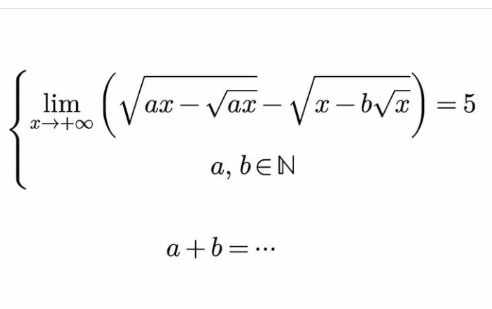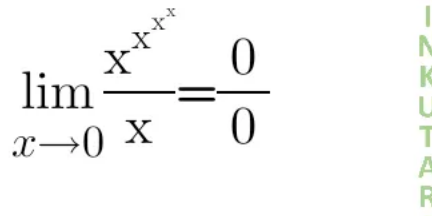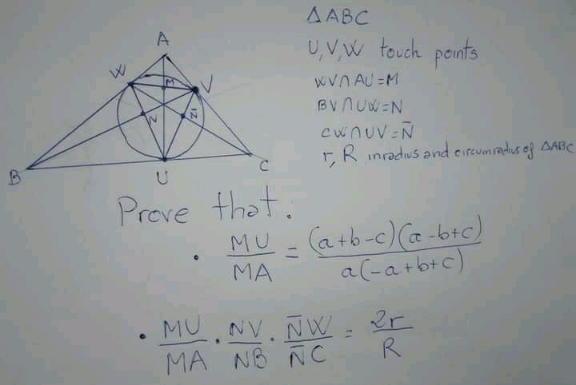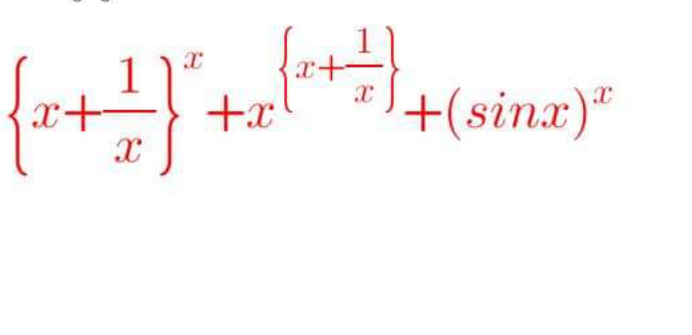
AllQuestion and Answers: Page 563
Question Number 163838 Answers: 0 Comments: 0

Question Number 163833 Answers: 1 Comments: 12

Question Number 163829 Answers: 3 Comments: 1
Question Number 163828 Answers: 2 Comments: 0
Question Number 163825 Answers: 2 Comments: 0
Question Number 163834 Answers: 0 Comments: 0
Question Number 163822 Answers: 2 Comments: 0
Question Number 163812 Answers: 2 Comments: 0

Question Number 163845 Answers: 1 Comments: 0
Question Number 163798 Answers: 2 Comments: 0
Question Number 163789 Answers: 0 Comments: 1
Question Number 163785 Answers: 0 Comments: 0
Question Number 163782 Answers: 1 Comments: 1

Question Number 163786 Answers: 1 Comments: 0

Question Number 163775 Answers: 1 Comments: 1

Question Number 163763 Answers: 3 Comments: 1
Question Number 163759 Answers: 3 Comments: 0
Question Number 163751 Answers: 1 Comments: 0
Question Number 163747 Answers: 2 Comments: 0
Question Number 163746 Answers: 3 Comments: 0
Question Number 163743 Answers: 0 Comments: 0

Question Number 163741 Answers: 0 Comments: 4

Question Number 163736 Answers: 1 Comments: 0

Question Number 163735 Answers: 0 Comments: 1

Question Number 163733 Answers: 0 Comments: 0
$${prove}\:{v}=\sqrt{\frac{{F}\centerdot{L}}{{m}}}\:\:\:? \\ $$
Question Number 163732 Answers: 0 Comments: 0
Pg 558 Pg 559 Pg 560 Pg 561 Pg 562 Pg 563 Pg 564 Pg 565 Pg 566 Pg 567
